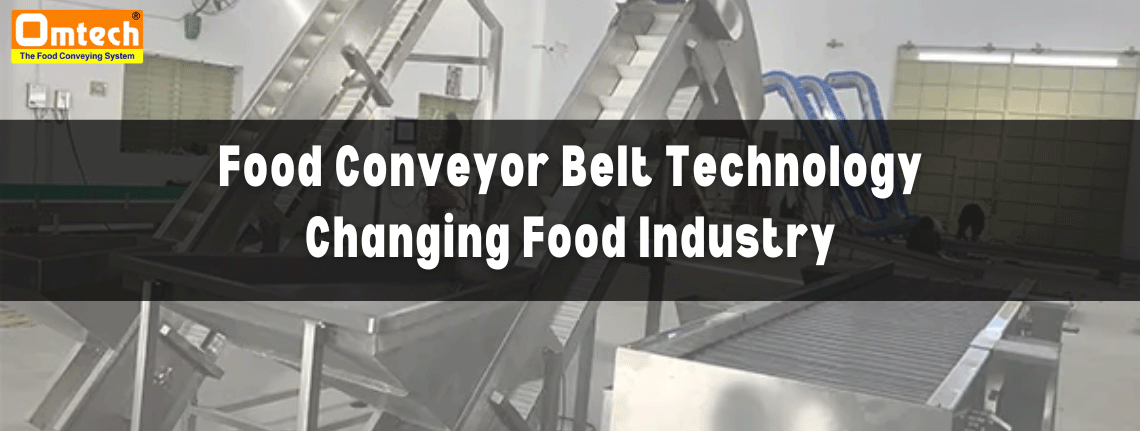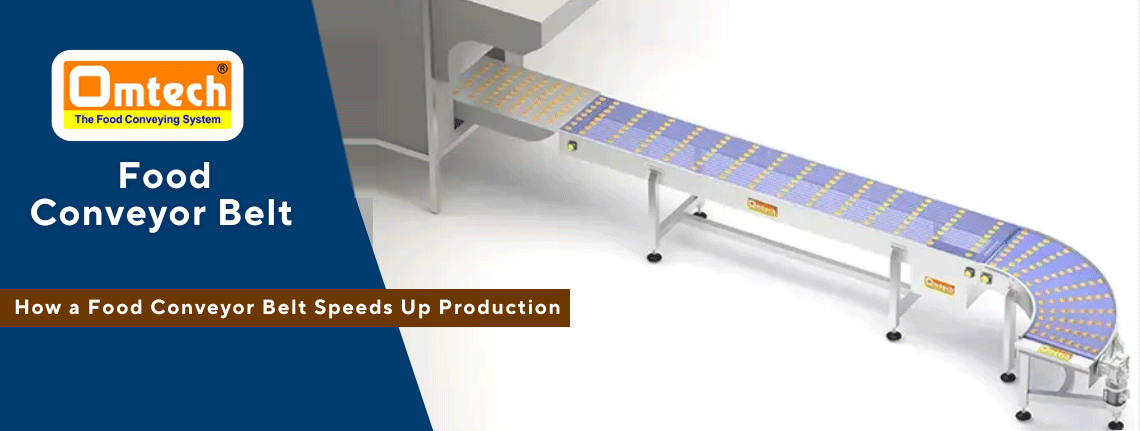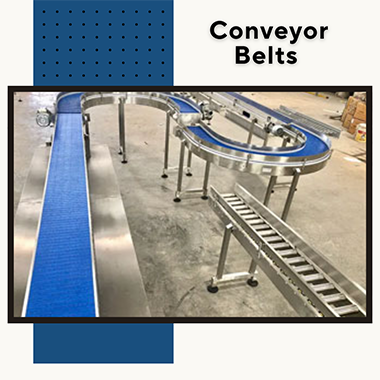Food Conveyor Belt Technology Changing Food Industry
The food sector is changing quickly, and the main driver of this transition is conveyor belt technology. Food conveyor belts are now a crucial component of contemporary food manufacturing as production demands rise and safety standards tighten. They are now sophisticated systems made to increase productivity, protect hygiene, and guarantee consistency in each product—not just basic moving platforms.
What is Food Conveyor Belt Technology?
A system for moving goods and ingredients through various packaging and processing phases is called a food conveyor belt. These conveyor belts are made of specific materials like modular plastics, polymers, or stainless steel and are intended to handle a variety of food items while remaining contaminant-free and enduring a thorough cleaning. Conveyor belts maintain the smooth and safe operation of production lines that handle everything from fresh fruit and raw meat to baked items and beverages.
Why Conveyor Belts are Essential in Food Processing
By reducing handling by hand, minimizing labor expenses, and improving the overall result, food conveyor belts simplify operations.They guarantee uniformity in packaging, serving, and labeling—all of those that are critical for maintaining great standards of quality. While bakery lines use belts to transport dough and pastries without inflicting any damage, beverage firms rely on them for high-speed bottling and canning.
Benefits for the Industry
- Faster production lines with higher output
- Reduced operational and labor costs
- Improved consistency and accuracy in food processing
- Flexibility for handling different types of food products
Applications Across Food Sectors
Food conveyor belts are widely used across multiple industries, including:
- Bakery and Confectionery: Soft transportation of chocolates, bread, and pastries
- Meat and Poultry: Proper management of heavy and slick goods
- Dairy:Exact packing of yogurt, cheese, and milk goods
- Fresh Produce:Quick sorting and distribution of fruits and vegetables
- Beverages: Quick bottling and canning lines
Challenges to Consider
Though the advantages are great, conveyor belt also need ongoing upkeep and employee training. Downtime during repairs might disturb operations and retrofitting outdated systems with contemporary technology can be pricey. With good preparation and regular maintenance, nevertheless, these difficulties may be reduced.
The Future of Conveyor Belt Technology
Food conveyor belts will likely be used in robotics, artificial intelligence, and predictive maintenance in the future. Self-monitoring, wear detection, and warning operators before faults happen are all features that smart belts will have. Development continues to be powered by environmentally friendly practices, as next-generation systems are shaped by biodegradable materials and better energy sources.
Conclusion
Using a combination of rapidity, security, and creative thinking, food conveyor belt innovation is revolutionizing the food sector. These procedures are essential to contemporary production because they improve productivity and guarantee hygiene. Conveyor belts will continue to shape the future of food processing as new technologies are developed, enabling the sector to precisely and dependably satisfy demands from around the world.



